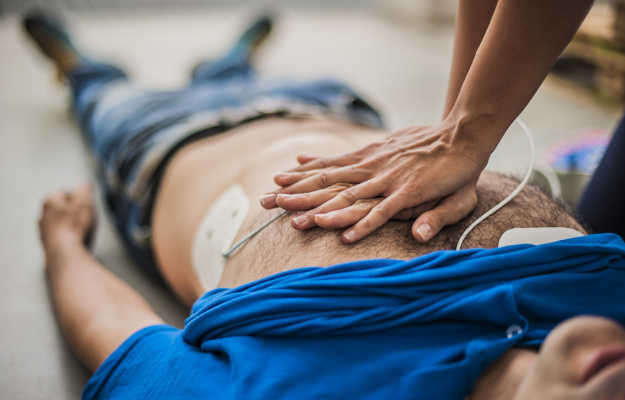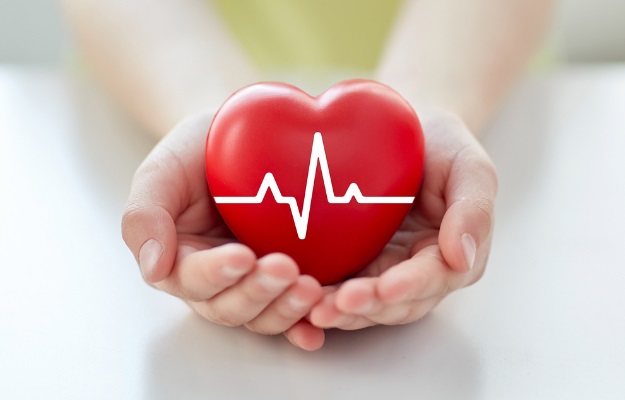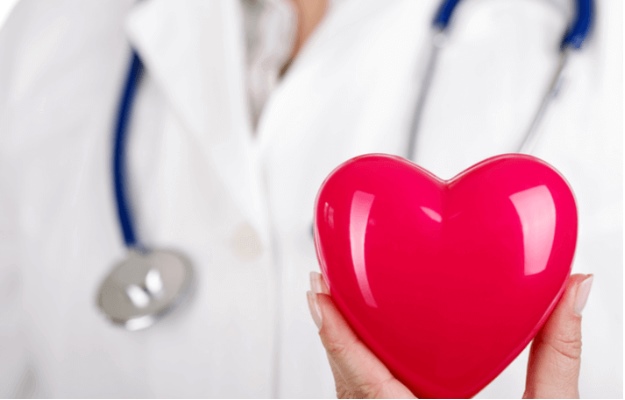A heart attack is medically known as a myocardial infarction (MI). A heart attack usually occurs when the coronary arteries become blocked or when the blood supply to the heart muscle is reduced or completely stopped.
Click on the link to know in detail about the treatment of heart disease.
The most common symptom of a heart attack is chest pain but the symptoms experienced depend on the gender and age of a person. It is important to recognize a heart attack immediately or as early as possible so that timely medical attention can be given. Timely treatment can reduce the damage to the heart and increase the chances of a complete recovery. In this article, we will learn about the relationship of time with the treatment of a heart attack.
(Read More - Heart Bypass Surgery)
When is emergency medical attention needed?
According to a spokesperson for The National Heart, Lung, and Blood Institute, the immediate action you take during a heart attack can save a life. Of course, you may not know for certain whether you’re having a heart attack or not, but you can prevent damage to the heart by getting emergency medical attention if the signs point to it.
(Read More - Heart attack in young adults)
How long can a heart attack last if not treated on time?
If treatment is not given even though there are signs of a heart attack, its consequences can be very serious. It is important to seek medical attention immediately if a heart attack is suspected. If someone shows the symptoms of a heart attack for more than 15 minutes, then the risk of damage to the heart muscle increases greatly. The victim has less than 90 minutes from the onset of heart attack symptoms until serious damage is caused.
If the person does not get treatment in the meantime, then many complications can occur due to excessive damage to the heart muscle, including:
- Abnormal heart rhythm
- Heart failure due to severe damage
- Cardiac arrest
The severity and duration of any complication usually depend on how much damage has been caused to the heart muscle due to the heart attack.
(Read More - Pacemaker Surgery)
Heart attack diagnosis
It is important to know the symptoms in order to recognize a heart attack and get immediate medical attention. Most people know that chest pain is the most common symptom of a heart attack, but people of different ages and genders can experience different symptoms. According to the Center for Disease Control and Prevention (CDC), there are some common symptoms of a heart attack like:
- Chest pain, pressure or tightness
- Shortness of breath
- Upper body pain
- Pain or discomfort in the shoulders, arms, back, neck, jaw, teeth, or sometimes in the upper abdomen
- Weakness, dizziness, fainting or cold sweats
- Sudden nausea or indigestion
(Read More - Heart transplant)
First Aid After Heart Attack
A heart attack usually causes chest pain for more than 15 minutes. Some people have a sudden heart attack but, in most others, the warning signs start appearing hours or several days before.
- If you or someone else has had a heart attack, immediately call 102 or your local emergency number for an ambulance.
- If the ambulance or emergency service is taking time to arrive, then immediately take the patient to the nearest hospital and get first aid. If you are alone at home, go to the hospital with the help of a neighbour.
- Take aspirin right away while you await emergency help. Aspirin helps reduce heart damage and prevent blood clots. If you are allergic to aspirin or you are prohibited from taking this medicine, then do not use it at all.
- You can also take nitroglycerin, following all the instructions.
(Read More - First aid for a heart attack)
Risk factors for heart attacks
There are many factors that can increase the risk of a heart attack in a person, including:
- Being 65 years of age or older
- Family history of heart diseases
- Smoking and excessive alcohol consumption
- Obesity
- Not being physically active
- Having high cholesterol and high blood pressure
- Having diabetes and taking too much stress
Having a heart attack does not mean that you will not be able to lead a normal life or that your healthy life is over. You can prevent the recurrence of heart attacks by adopting a healthy lifestyle going forward, one that can help prevent heart problems.
(Read More - Homeopathic medicine for heart attack)


















